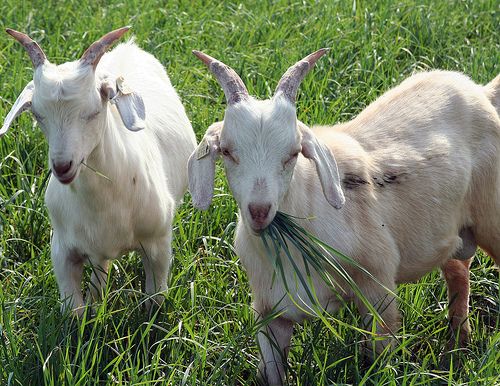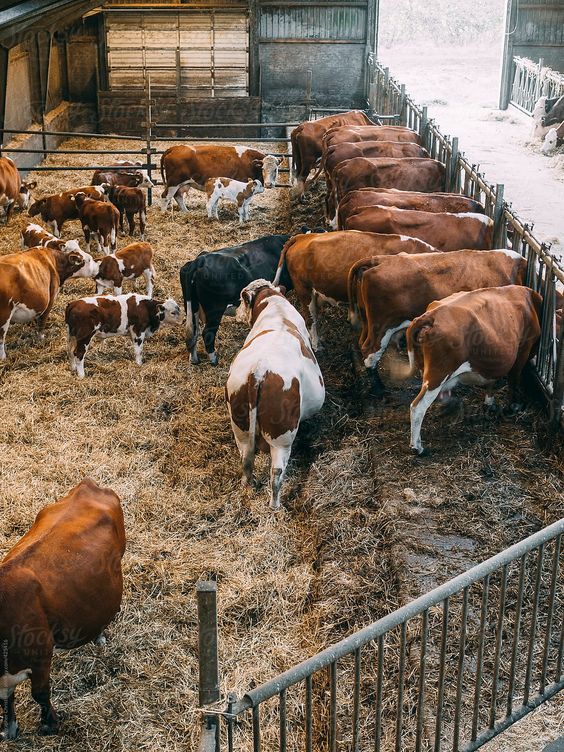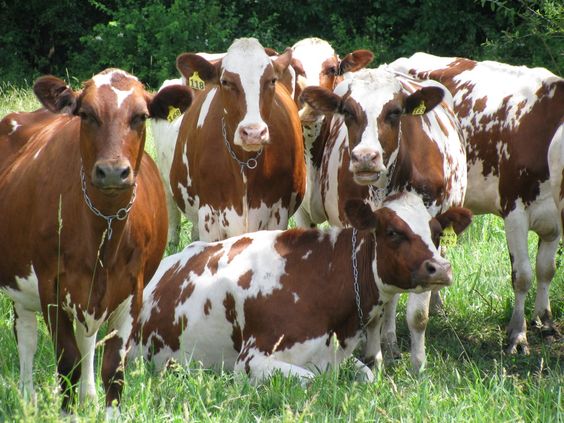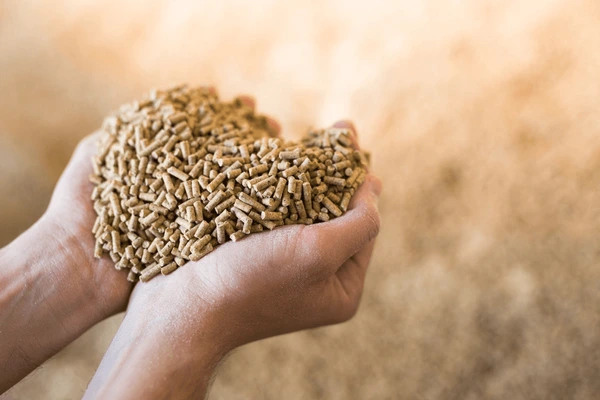Best Livestock Keeping: A Comprehensive Guide
Best Livestock Keeping, the raising of domesticated animals, offers a rewarding and sustainable way of life. Whether you’re a seasoned farmer or a curious newcomer, venturing into this realm requires careful planning and knowledge. This guide delves into the world of best livestock keeping practices, equipping you for success.
Factors to Consider Before Choosing Livestock
Best Livestock Keeping depends on several factors specific to your situation. Here’s a roadmap to navigate your decision:
- Your Goals: Are you aiming for self-sufficiency (producing food for your family), commercial profit, or companionship? Each goal steers you towards different livestock choices.
- Land and Resources: Consider the space available for pasture, housing, and waste management. Factor in your access to feed, water, and veterinary care.
- Climate and Environment: Research breeds that thrive in your local climate. Some animals, like sheep, are well-suited for cooler regions, while others, like goats, adapt to various climates.
- Time Commitment: Livestock require daily care, from feeding and watering to cleaning shelters. Be realistic about the time you can dedicate.
- Regulations and Permits: Certain livestock may require permits depending on your location. Research local regulations beforehand.
Popular Livestock Choices and Their Considerations
- Chickens: Ideal for beginners, chickens provide fresh eggs and, in some cases, meat. They require a secure coop, proper feed, and a clean environment.
- Goats: Known for their milk, meat, and weed control abilities, goats are relatively low-maintenance. However, they can be escape artists and require sturdy fencing.
- Sheep: These versatile animals provide wool, meat, and manure for fertilizer. Sheep need good pasture, a clean living area, and protection from predators.
- Cattle: A significant investment, cattle offer meat and dairy products. They require ample space, high-quality feed, and proper handling due to their size.
- Pigs: Fast-growing and efficient meat producers, pigs need secure housing, clean bedding, and a balanced diet.
- Rabbits: Well-suited for small spaces, rabbits can be raised for meat, fur, or fiber. They necessitate clean hutches, proper ventilation, and a controlled diet.
- Honeybees: A valuable addition to any farm, bees pollinate crops and produce delicious honey. Beekeeping requires specialized knowledge and equipment.
Best Practices for Raising Livestock
Best Livestock Keeping,Once you’ve chosen your livestock, here are key practices for their well-being and your success:
- Housing and Shelter: Provide appropriate housing that protects your animals from the elements and predators. Ensure proper ventilation, clean bedding, and adequate space for movement.
- Nutrition and Feeding: Research the specific dietary needs of your chosen livestock and provide them with high-quality feed, fresh water, and mineral supplements if necessary.
- Health Care: Regular veterinary checkups are crucial for maintaining animal health. Vaccinations, parasite control, and prompt treatment of illnesses are essential.
- Breeding and Selection: If you plan on breeding your animals, research responsible breeding practices for your chosen species. Consider selecting animals with desirable traits to improve your herd or flock.
- Manure Management: Livestock manure can be a valuable fertilizer, but improper management can pollute water sources. Develop a plan for composting manure or spreading it on designated areas.
Additional Tips for Best Livestock Keeping
- Start Small: Begin with a manageable number of animals, especially if you’re new to livestock keeping. Gain experience and knowledge before expanding your herd or flock.
- Network with Experienced Breeders: Connect with local breeders and farmers for advice on raising your chosen livestock. Their insights can be invaluable.
- Invest in Quality Equipment: The right equipment, such as feeders, waterers, and fencing materials, will make your life easier and ensure proper animal care.
- Practice Sustainable Techniques: Look for ways to minimize waste, conserve water, and improve soil health through rotational grazing and responsible manure management.
- Be Prepared for Challenges: Livestock raising isn’t without its challenges. Be prepared for potential health issues, predators, and unexpected situations.
Conclusion Best Livestock Keeping
Best Livestock Keeping is a journey of learning, responsibility, and reward. By carefully considering your goals, resources, and chosen animals, and implementing best practices, you can create a thriving and sustainable livestock operation. Remember, the welfare of your animals should always be your top priority. Enjoy the process, embrace new knowledge, and celebrate the bounty that responsible livestock keeping offers.






